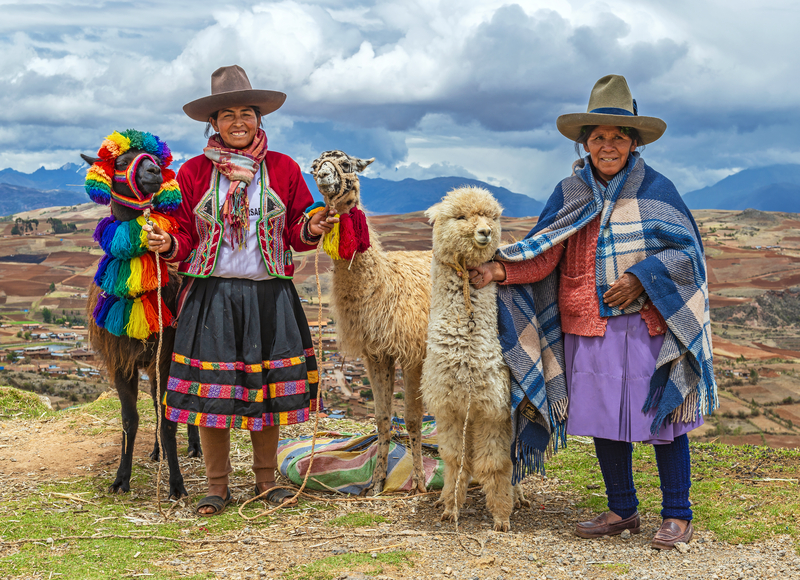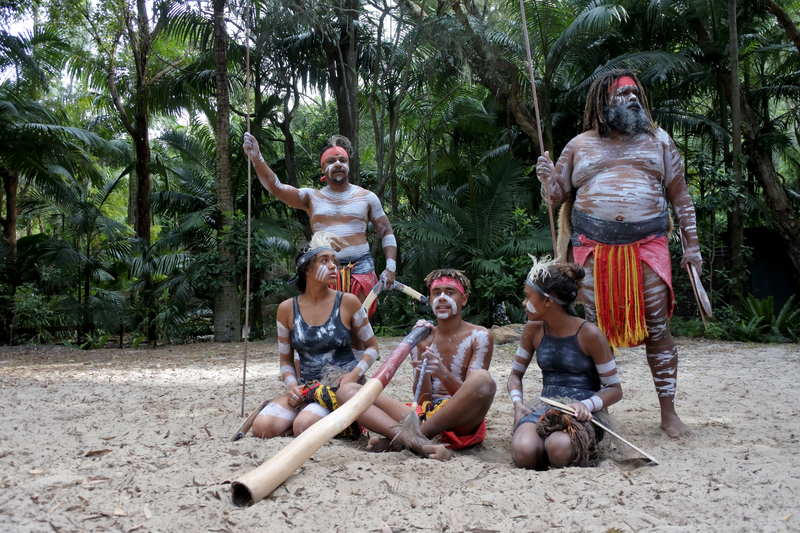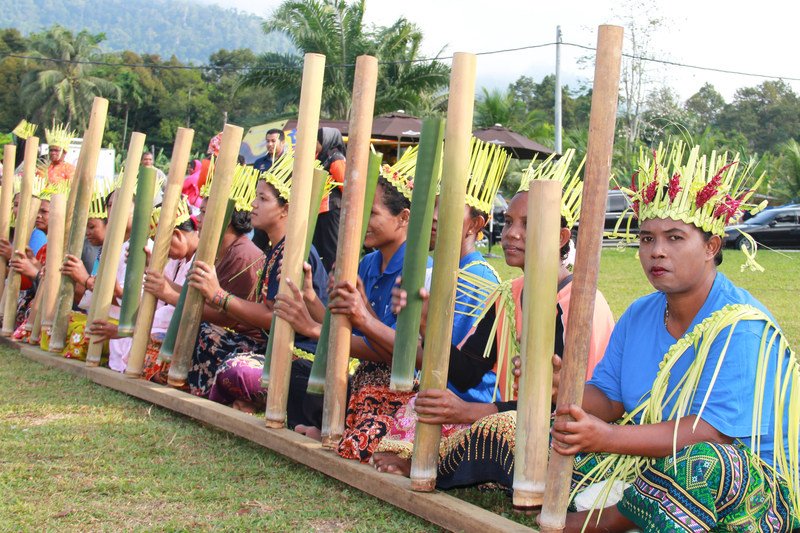There has been increasing interest in how psychological knowledge is constructed. The contribution of ecological issues and local context to the development of psychological knowledge with particular reference to localised psychological knowledge, i.e., indigenous psychology, is still not included in mainstream psychology study. Yet, ecology and psychology are very closed related. We need to use an indigenous psychology lens to understand the interdependency between psychological knowledge and ecology.
What is indigenous psychology?
Indigenous psychology is an alternative paradigm to study human behaviour. The alternative paradigm suggests that the exploration of human thoughts and actions should be strongly focused on ‘indigenization’ i.e. study of behaviour in a context that is free from all external influences (Shams, 2002). The term ‘indigenous’ refers to the natural occurrence at a local place, hence, the prominent feature of indigenous psychology is the absence of external, foreign and non-local contexts in understanding human behaviour.

How is indigenous psychology developed?
The changing social processes in a community context are identified as ‘local knowledge’. It is believed to facilitate social change and is an essential gatekeeper for empowering local communities. The process of internalizing local knowledge is manifested in our everyday life, for example, adherence to the local customs and celebration of localised practices. The ongoing local knowledge accumulation, and generating new localised knowledge, may help to develop a sustained indigenous psychology (Shams, 2005).
Why is indigenous psychology important?
Indigenous psychology is influenced by ecopsychology. Ecopsychology aims to find out how people can connect with the natural world in ways that are healthy and sustainable both for people and for the planet (Scull, 1999). One of the significant features of ecopsychology is the emphasis on small group, community, with frequent social interaction to change ecologically reliant human behaviour. The major focus of ecopsychology has been on experiential learning aimed at helping people to make a connection to the environment of which they are a part (Cohen, 1997). This principle of experiential learning is related to the development of a platform for local knowledge which will flow naturally for the local people, and is expected to be free from external pressures and influences. With the increase of experiential learning from the local context, a mass body of knowledge is expected to emerge and this can lead to the development of an indigenous psychology (Shams, 2005). Indigenous psychology is important to understand each individual behaviour which is deeply rooted in their socio-economic-political context. Indigenous psychology helps us to understand diversity and differences, and provides a common frame of reference for human behaviour across the globe.

Final thoughts
Indigenous psychology is a progressive intellectual movement to recognise the importance of constructing psychological knowledge using localised ideas, thoughts and practices. It has generated from the rejection of western influences on non-western societies, and to appreciate, value and acknowledge the influence of powerful localised knowledge on understanding human behaviour in a specific context. The search for harmony in psychological knowledge construction processes, and the complex human behaviour, cannot be fully understood without accepting indigenous psychology. Can we regard indigenous psychology as a psychology for the future?




Rate and Review
Rate this article
Review this article
Log into OpenLearn to leave reviews and join in the conversation.
Article reviews